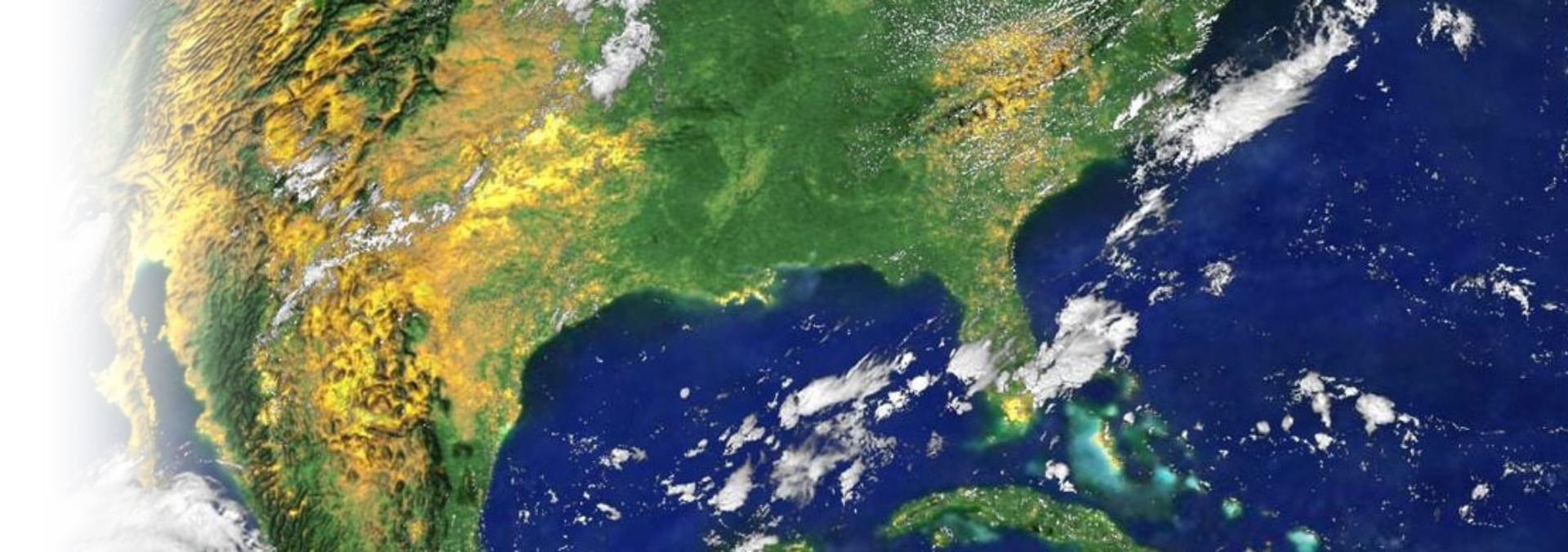Health Effects of a Warmer Climate

By Melanie Stewart
This week is Global Climate Change Week; encouraging academic communities to engage each other on climate change solutions. The topic of Global Climate Change seems too big to grasp, and has become highly politicized.
We aren’t going to talk about that today. Our mission is health. How does the fact that the earth continues to warm, causing changes and natural disasters in other places, affect us here?
This is the question the Unicameral asked when considering new legislation. So UNL’s School of Natural Resources did a comprehensive study, focused solely on implications for Nebraska. Following the publication of this report, roundtable discussions were held to discuss 8 different sectors:
- Ecosystems and Wildlife
- Human Health
- Forests and Fire
- Agriculture, Food and Water
- Energy Availability, Use and Management
- Faith Communities
- College Campuses
- Urban and Rural Communities
This report shows that the earth’s climate is changing, and Nebraska is dealing with the reality. Farmers are noting hotter temperatures, and less water with which to irrigate crops. More wildfires are being reported and they affect our air quality. Zika virus has become a concern, even in geographical areas that don’t have that the Aedes aegypti species.
If you are interested in the Nebraska-specific findings, you can watch the presentation here.
For a presentation by Ali Khan, MD, MPH, Dean of UNMC’s College of Public Health on the specific ties to health, see below.
Presentations on all 8 areas can been seen here.
While these events are worrisome as we assess the aftermath of Hurricane Matthew, there is hope. More countries, including the United States, continue to sign the Paris Climate Agreement with the United Nations, 73 of the 195 have ratified the agreement accounting for 56.87% of the world greenhouse gas emissions. U.N. Secretary-General Ban Ki-moon noted, “What once seemed unthinkable is now unstoppable.” referencing the historic changes taking place with countries across the globe.
This is why we do what we do. The Med Center’s actions can, and indeed have already had, a positive effect on health. Did you know that the energy we saved in the past 5 years would have produced the emissions of 109 million pounds (548 railcars) of coal? The result is cleaner air, which is better for all of us. As we continue to make strides, others will follow our example, and the cumulative effect could change the world.
